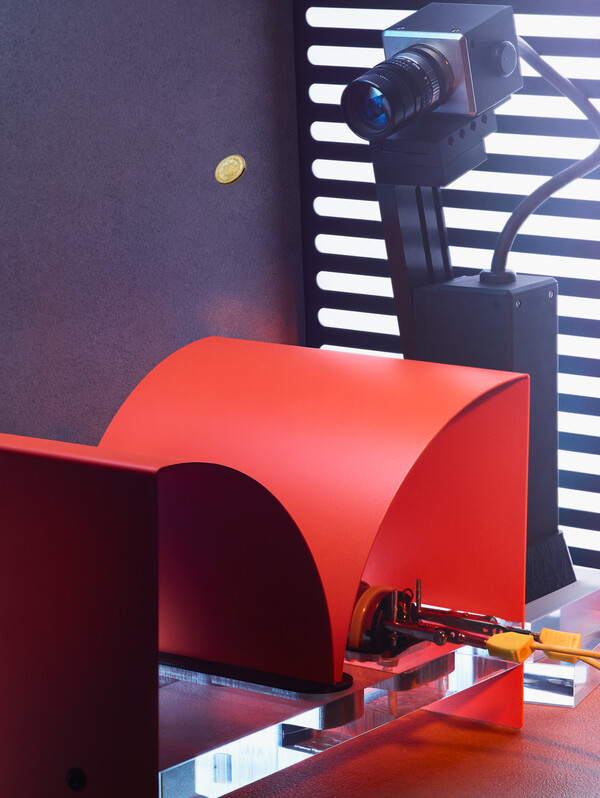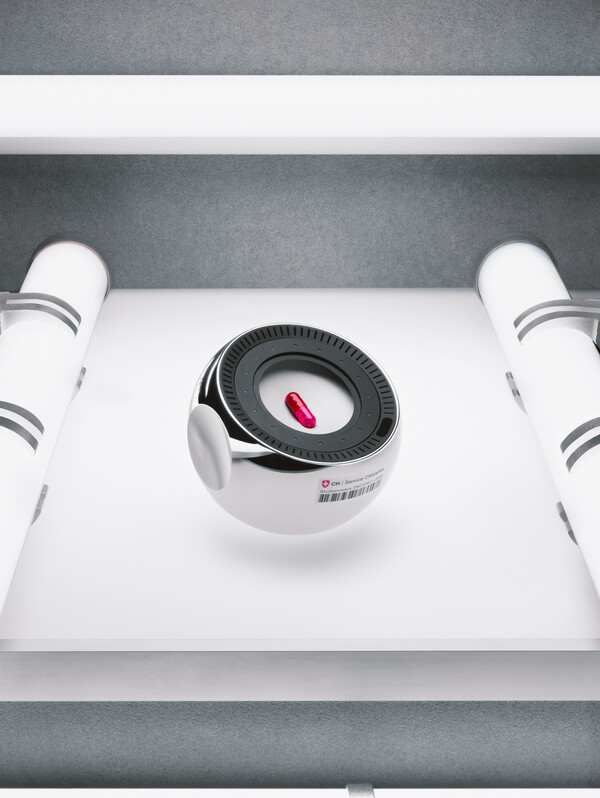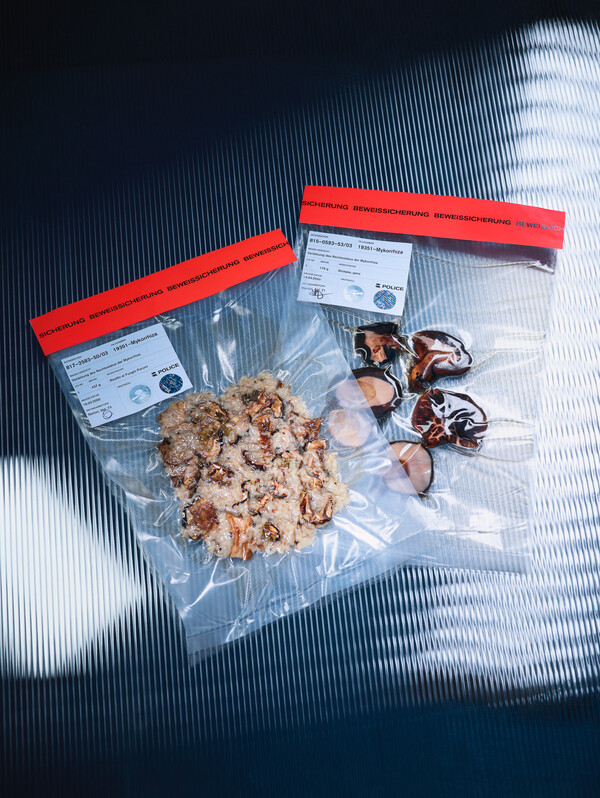What will digitalised futures look like?
How speculative design can help to develop and communicate possible images of the future.
How - if at all - do we as a society want to digitalise democracy? Dezentrum – a Think & Do Tank for Digital Transformation and Society – dealt with this question on the occasion of the Foundation for Technology Assessment TA-SWISS project call. In their two-phase study, they tried to make various futures ascertainable and thus make the discourse on digitalisation and democracy more publicly accessible. In Phase I, desirable future scenarios for the year 2050 were developed using scenario techniques.
Phase II took place from October 2020 to January 2021 and was developed in close cooperation with Studio Porto. The scenarios identified in Phase I were translated by Jeannie Schneider from Dezentrum into three short stories. For each story, Studio Porto produced a speculative artefact which, as exhibition and visual objects, make these futures tangible through their futuristic appearance.
Rule of thumb
In this future scenario, Google and Amazon have merged to form Amago. They are facing opposition from the hacker and developer community Commonity, which focuses on the commons and community and wants to make the internet a place that benefits people again instead of making money from them. To do this, they use the rule of thumb: a coin toss machine. Because chance comes up short in a digitalised world full of optimised and rationalised algorithms that determine what we see, when we see it. A coin toss is actually a simple instruction to act, a simple algorithm. Understandable for all, transparent and uninfluenceable.

Obliviscis
How does a polarised and radicalised society find its way back to democratic values? The Service Citoyenne - which is supposed to bring solidarity and community back into the country - sees the answer in the mind-altering pill Obliviscis. It is supposed to enable the person who takes it to forget himself for the duration of the effect and to make fact-based decisions in the interest of the common good. The first pilot study is to take place in 2050.

Mushroom risotto
This shrink-wrapped mushroom risotto is evidence of the year 2050. In this future scenario, thanks to simulations by complex AIs, decisions on whether to accept or reject new draft legislation can be made within a few hours. The draft law «Extension of the legal status of mycorrhiza» was adopted due to a mistake in crowdwriting (this is how law texts are written in this future). As a result, eating edible mushrooms became a criminal offence.

The whole project together with Dezentrum was part of a TA-SWISS study with two other studies (gfs.bern and Dachverband Schweizer Jugendparlamente DSJ). This study will be published in August 2021. As part of the bilingual (DE/FR) exhibition «Digital Democracy - A Journey into the Political Future», the artefacts can be visited until 11 December 2021 at the Polit-Forum Bern at Marktgasse 67.